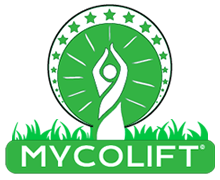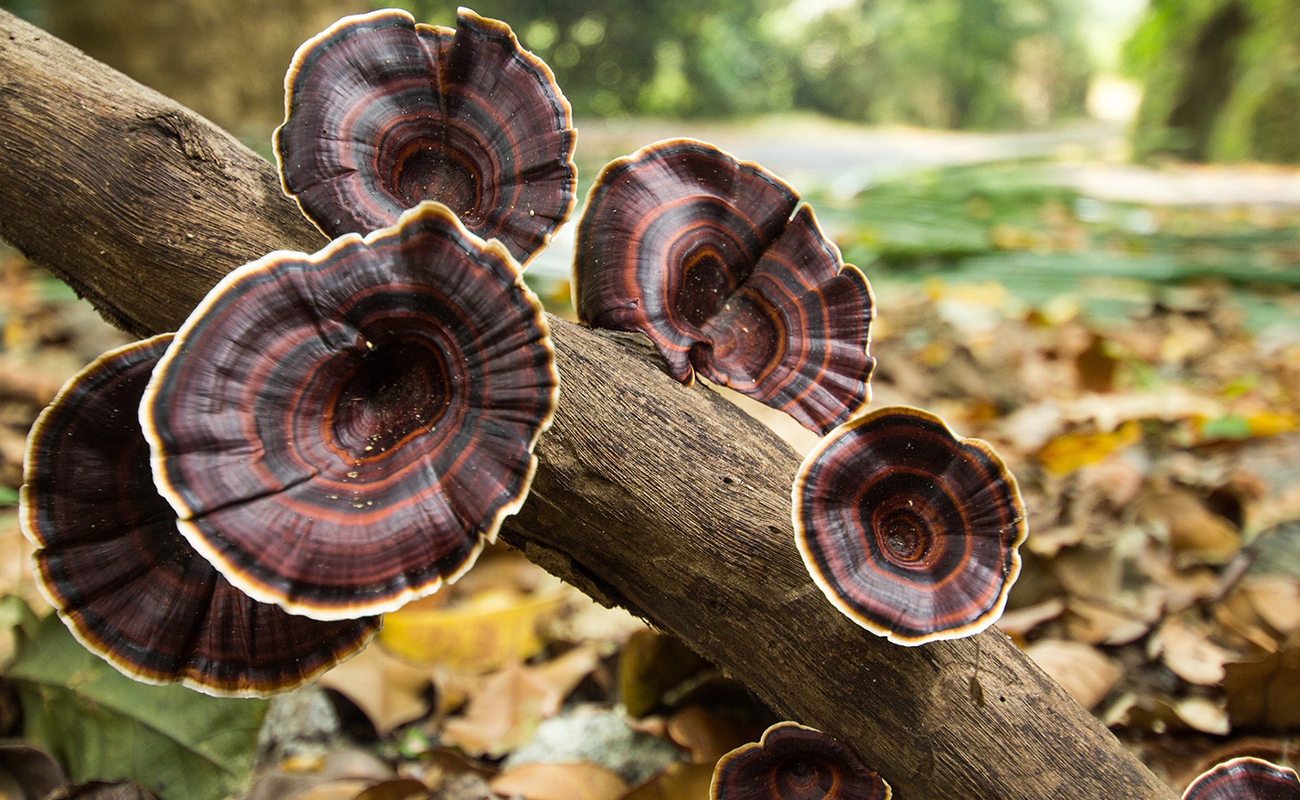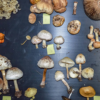Mushrooms, with their enigmatic nature and diverse forms, have fascinated humans since ancient times. As one of the oldest living organisms on Earth, mushrooms have a rich history that stretches back millennia. In this article, we’ll embark on a captivating journey through time, exploring the origins of mushrooms and providing a timeline that leads us to the remarkable diversity of mushrooms as we know them today.
T
he story of mushrooms begins in the depths of prehistoric times, making it challenging to pinpoint their exact origins. Fossil records suggest that fungi, the kingdom to which mushrooms belong, emerged over 1 billion years ago. These ancient fungi played crucial roles in the early ecosystems of our planet, decomposing organic matter and facilitating the recycling of nutrients.
As human civilization emerged, mushrooms found their way into the lives of our ancestors. Archaeological evidence shows that mushrooms were consumed as early as 10,000 BCE. Cave paintings discovered in Algeria depict human figures collecting mushrooms, indicating their significance in ancient cultures.
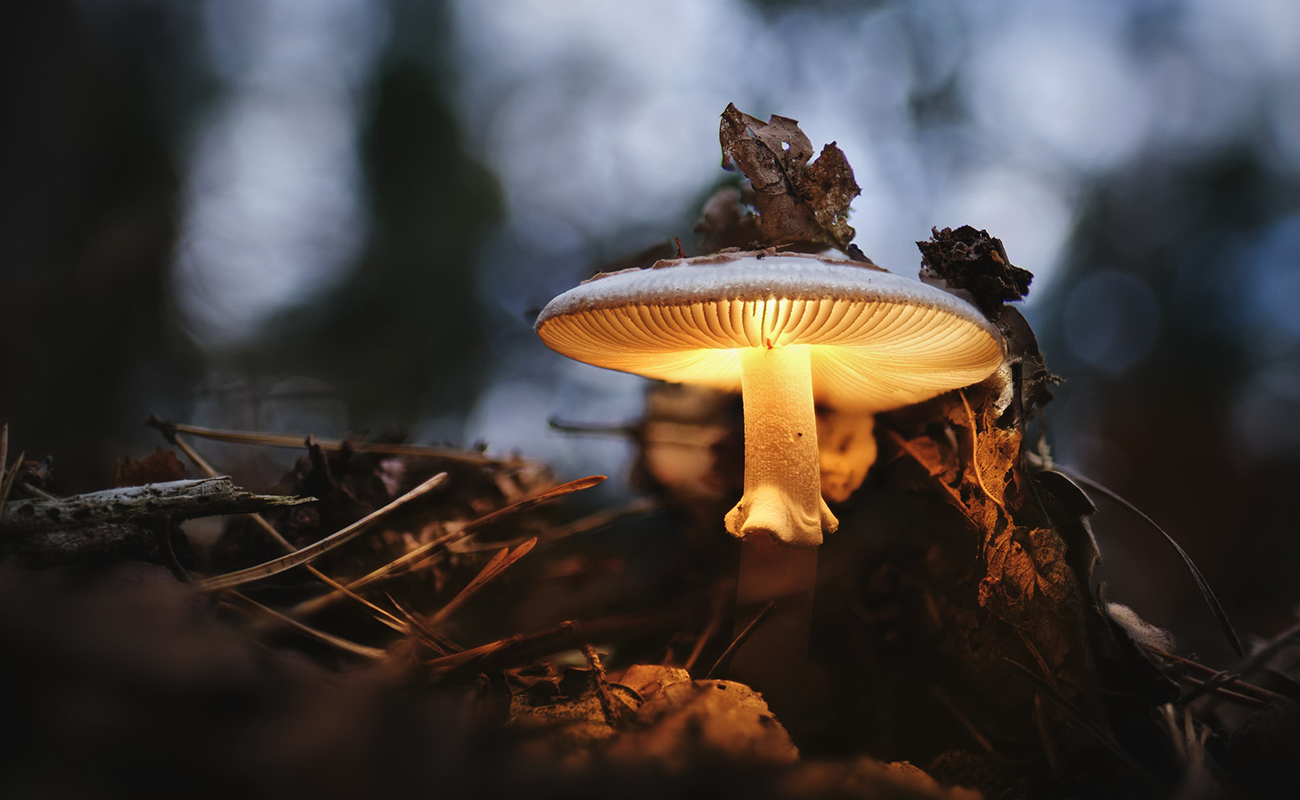
Mushrooms have a rich history intertwined with various ancient civilizations. Let’s explore their presence and uses throughout key periods:
Ancient Egypt (3100 BCE – 332 BCE): Mushrooms held a revered status in Egyptian society. Hieroglyphic inscriptions on tombs and temple walls depict mushrooms as symbols of immortality and royalty. Archaeological findings suggest that Egyptians used mushrooms for both medicinal and culinary purposes.
Ancient Greece (800 BCE – 146 BCE): Greek philosophers, such as Hippocrates and Aristotle, recognized the therapeutic properties of mushrooms. They believed mushrooms had the power to boost vitality and treat various ailments. Greek mythology also mentions the existence of magical mushrooms, known as “sacred mushrooms.”
Ancient China (221 BCE – 220 CE): Chinese civilization has a deep-rooted connection with mushrooms. Mushrooms were valued for their medicinal properties and were believed to promote longevity and vitality. Chinese herbal medicine texts, such as the Compendium of Materia Medica, documented the use of mushrooms for their healing benefits.
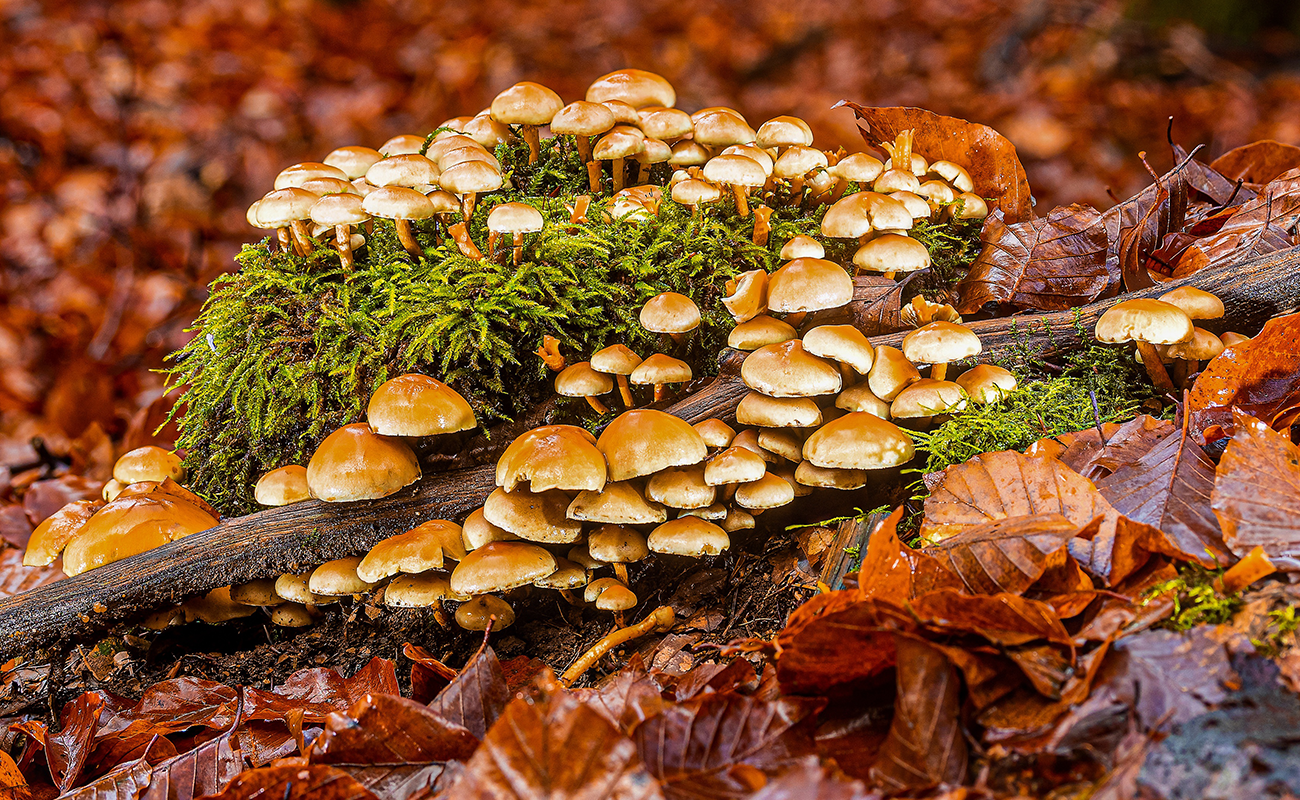
T
he Renaissance period marked a resurgence of interest in natural sciences, leading to further exploration and understanding of mushrooms. Notable milestones include:
16th Century: The advent of the printing press enabled the dissemination of knowledge, including botanical illustrations of mushrooms. Italian physician and botanist Pier Andrea Mattioli’s work, “Commentarii,” featured detailed descriptions and illustrations of medicinal plants, including mushrooms.
17th Century: The invention of the microscope by Antonie van Leeuwenhoek opened new horizons for scientific exploration. Pioneering mycologist Robert Hooke examined mushroom spores under the microscope, laying the foundation for the study of fungal reproduction.
Modern Advancements
The 19th and 20th centuries witnessed significant advancements in mycology, the scientific study of fungi. Here are some key milestones:
19th Century: German mycologist Christian Hendrik Persoon introduced a systematic classification system for fungi, laying the groundwork for modern taxonomy. This system grouped fungi based on their morphological characteristics and reproductive structures.
20th Century: The discovery and isolation of key medicinal compounds from mushrooms marked a turning point. For example, the discovery of penicillin from the Penicillium fungus revolutionized modern medicine. Scientists also began to uncover the nutritional benefits and medicinal properties of various mushroom species.
The journey through the history of mushrooms has unveiled a fascinating narrative of their significance in human civilization. From their enigmatic origins to their integral role in ancient cultures, mushrooms have captivated our imaginations and provided nourishment, medicine, and inspiration for millennia. As scientific understanding and technological advancements continue to shed light on the vast diversity and potential of mushrooms, we stand in awe of these remarkable organisms. Today, we appreciate mushrooms not only for their culinary delights but also for their myriad health benefits and their contribution to the ecological balance of our planet. Let us embrace the ancient wisdom and modern discoveries surrounding mushrooms and continue to explore the wonders they hold, ensuring that their legacy endures for generations to come.
